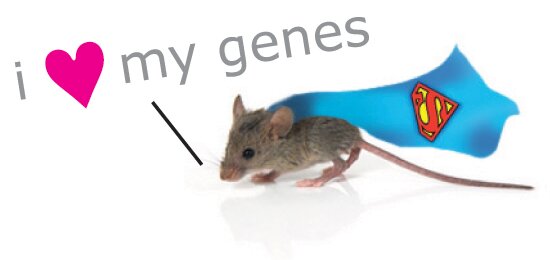
Head over to www.hungry4change.eu for your chance to join the debate on the future of sustainable agricultural productivity in Europe. This November the crop protection (pesticide) industry will webcast the ‘Hungry for Change’ conference. You can have your say via Facebook and Twitter; this is a unique opportunity to share your thoughts and ideas with industry, experts and stakeholders.



